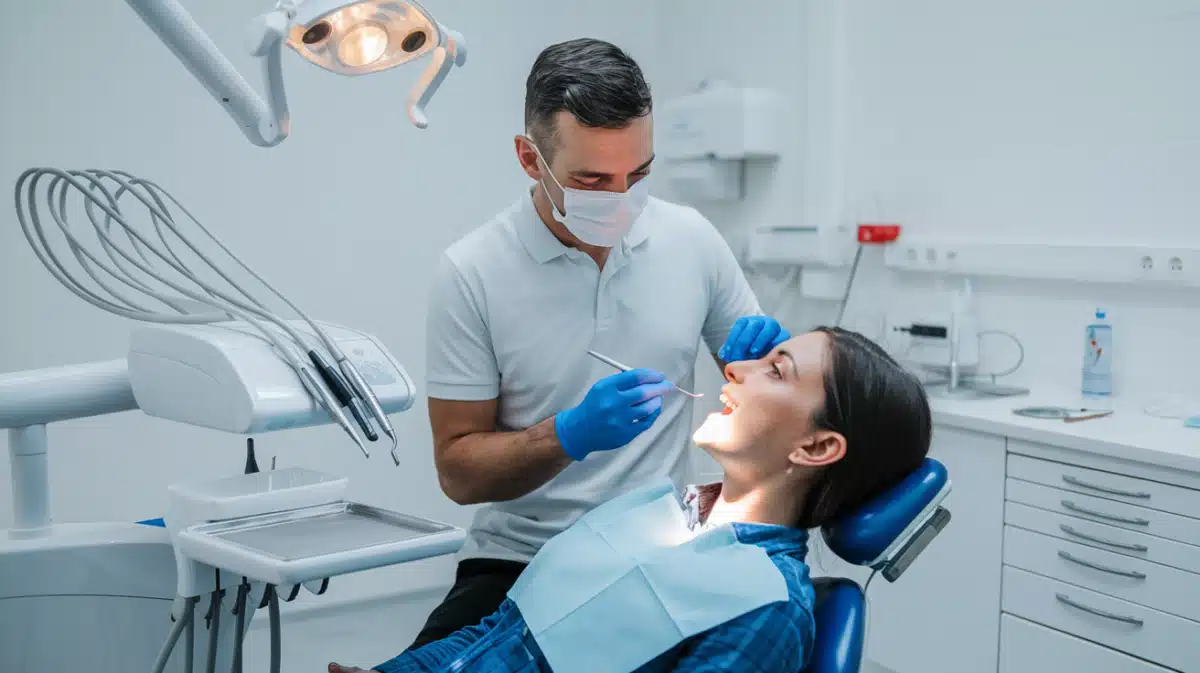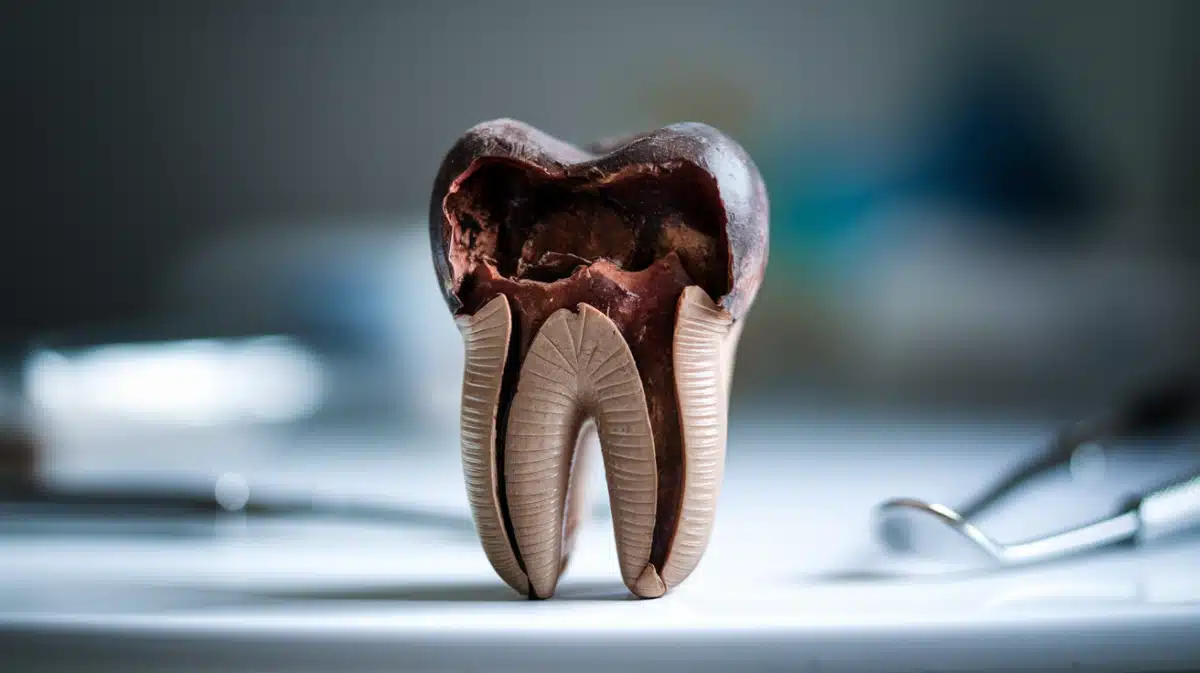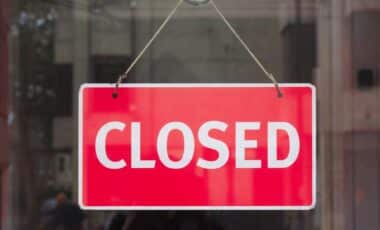The UK government’s pledge to offer an additional 700,000 NHS dental appointments in an effort to address urgent care needs is facing heavy criticism from dental professionals.
According to the British Dental Association (BDA), these extra appointments will only cover about a third of the 2.2 million people who currently cannot access urgent dental treatment. As the scheme is set to roll out in April, experts warn that this initiative may fall short of what is necessary to tackle the UK’s growing dental care crisis.
The government has targeted “dental deserts” – areas where people face severe difficulty accessing NHS dental care – for these additional appointments. But the BDA argues that without further investment, many patients may still face long waits or even turn to dangerous, self-administered methods of dental care.
Government’s Efforts Not Enough to Meet Demand
The government’s recent pledge includes an additional 700,000 urgent dental care appointments, which will be offered to patients in pain, with infections, or those requiring urgent repairs.
The initiative is particularly focused on parts of England that suffer from what has been described as “dental deserts,” where residents have limited access to local dental services. Despite this, the BDA has made it clear that the funding allocated for these extra appointments is far from adequate.

A letter from NHS England to local health leaders suggests that 2.2 million people are currently unable to access an appointment. However, even with the extra 700,000 appointments, the BDA estimates that 1.5 million individuals will still be left untreated.
This glaring shortfall highlights the ongoing crisis in NHS dental services, with many patients facing the prospect of either going without care or resorting to increasingly desperate measures.
Dentists Under Pressure and Patients Left Vulnerable
The pressure on NHS dentists has also reached critical levels. According to a recent survey, 63% of dentists report feeling burnt out, with many also acknowledging that they are often forced to take on additional work to meet the demand for appointments.
This has led to concerns about the sustainability of the dental workforce, with some professionals citing a “target-driven culture” and growing financial pressures as major factors contributing to their exhaustion.
The BDA has strongly criticized the government’s response, accusing ministers of prioritising short-term fixes over addressing the underlying issues of underfunding and staff shortages.
According to Shiv Pabary, Chair of the BDA’s General Dental Practice Committee, the government’s response amounts to “austerity on stilts” and risks forcing patients into unsafe, outdated self-care practices.
With as many as six in ten children experiencing tooth decay by the age of five, the situation appears to be worsening, particularly in poorer areas of the country where access to care is already limited.









